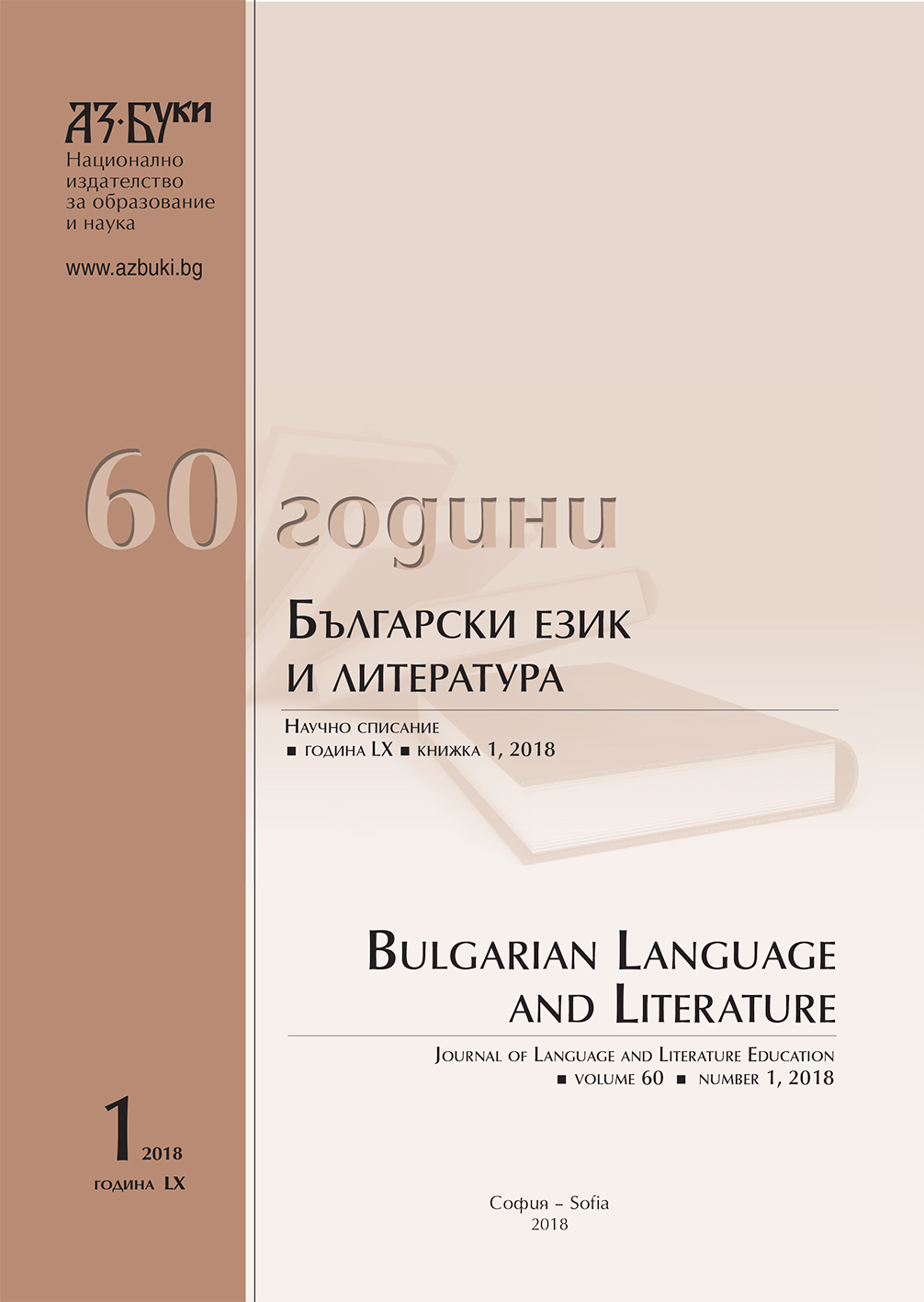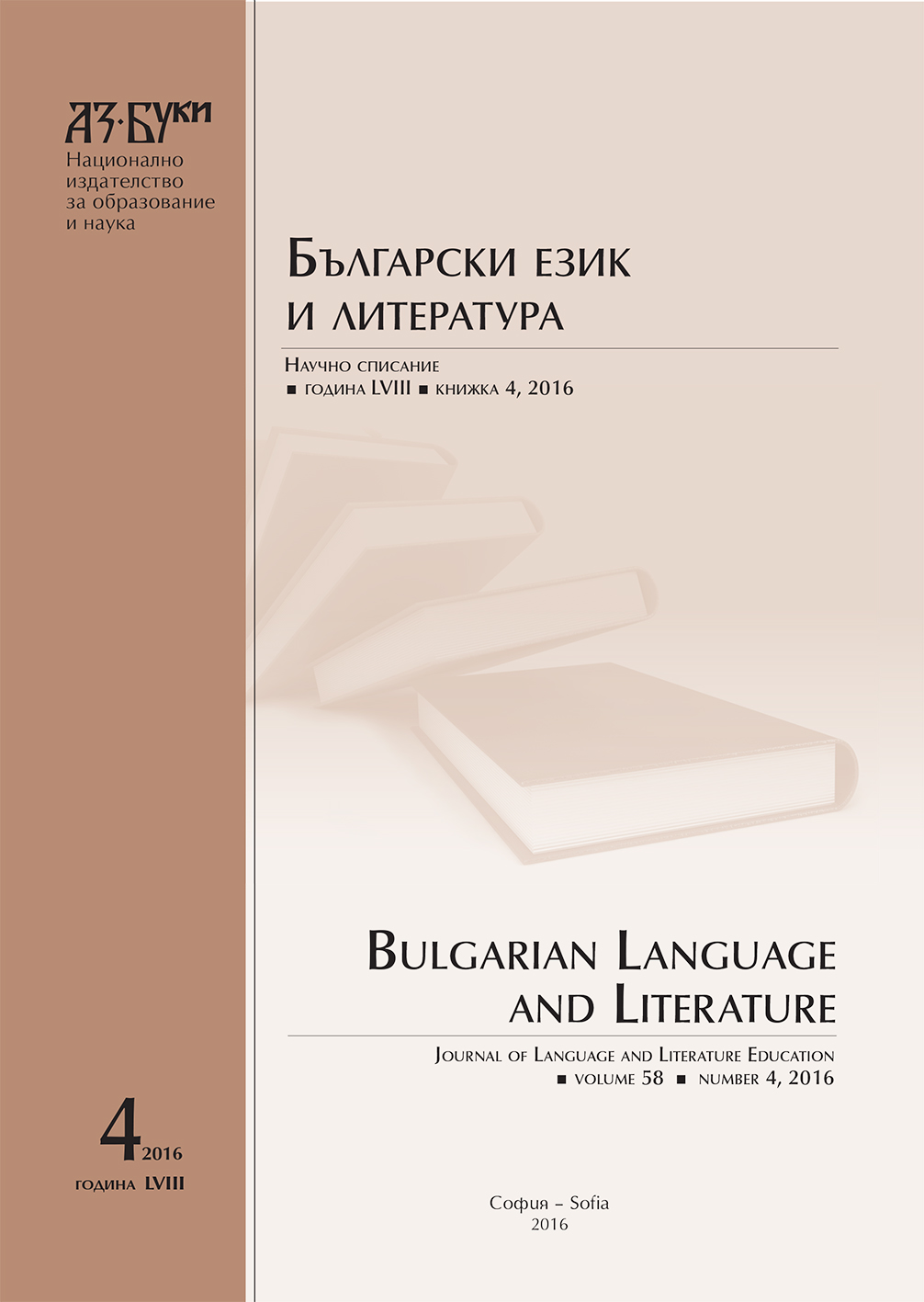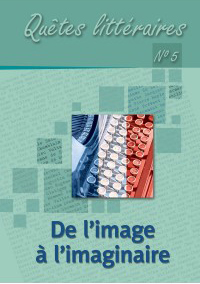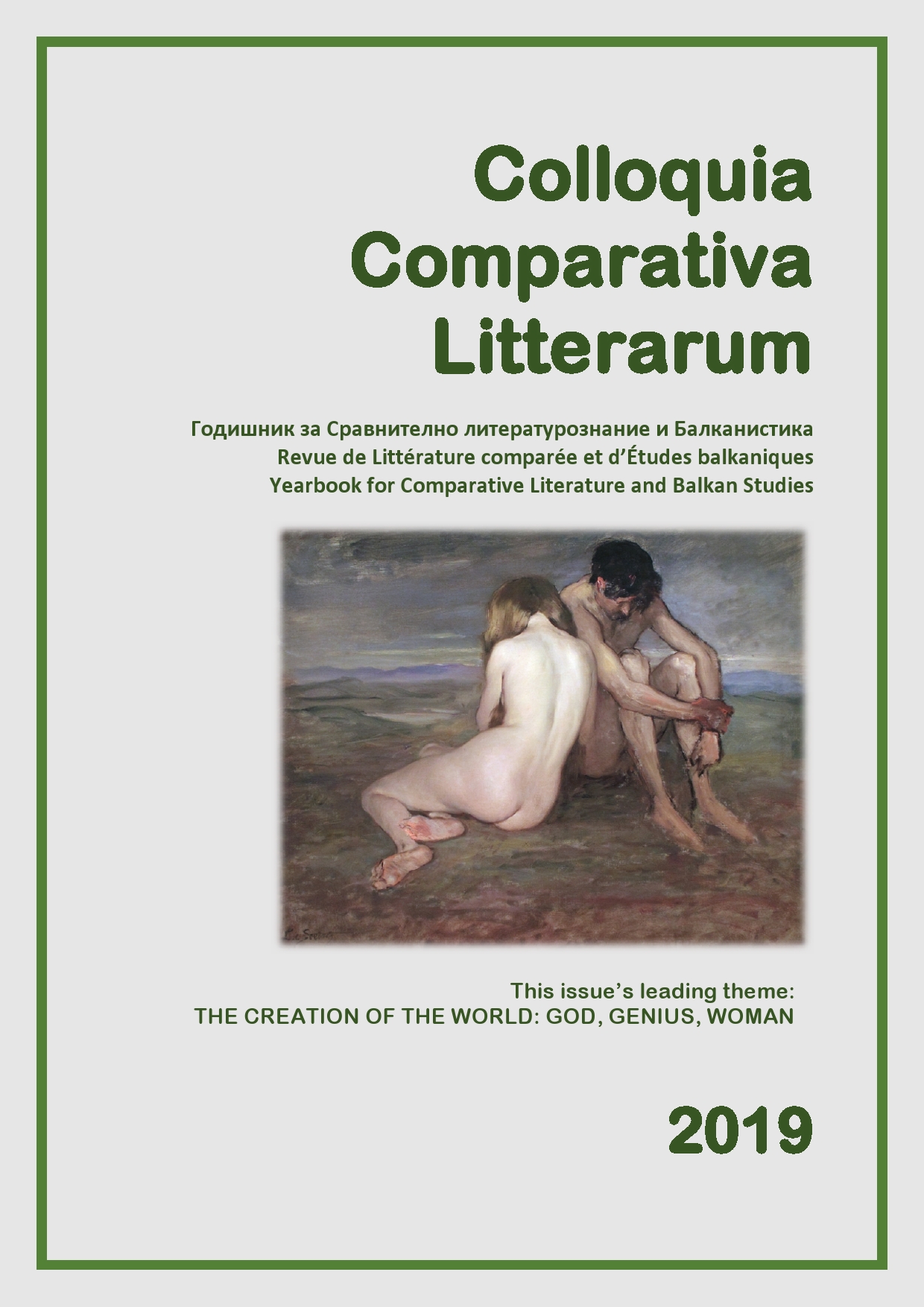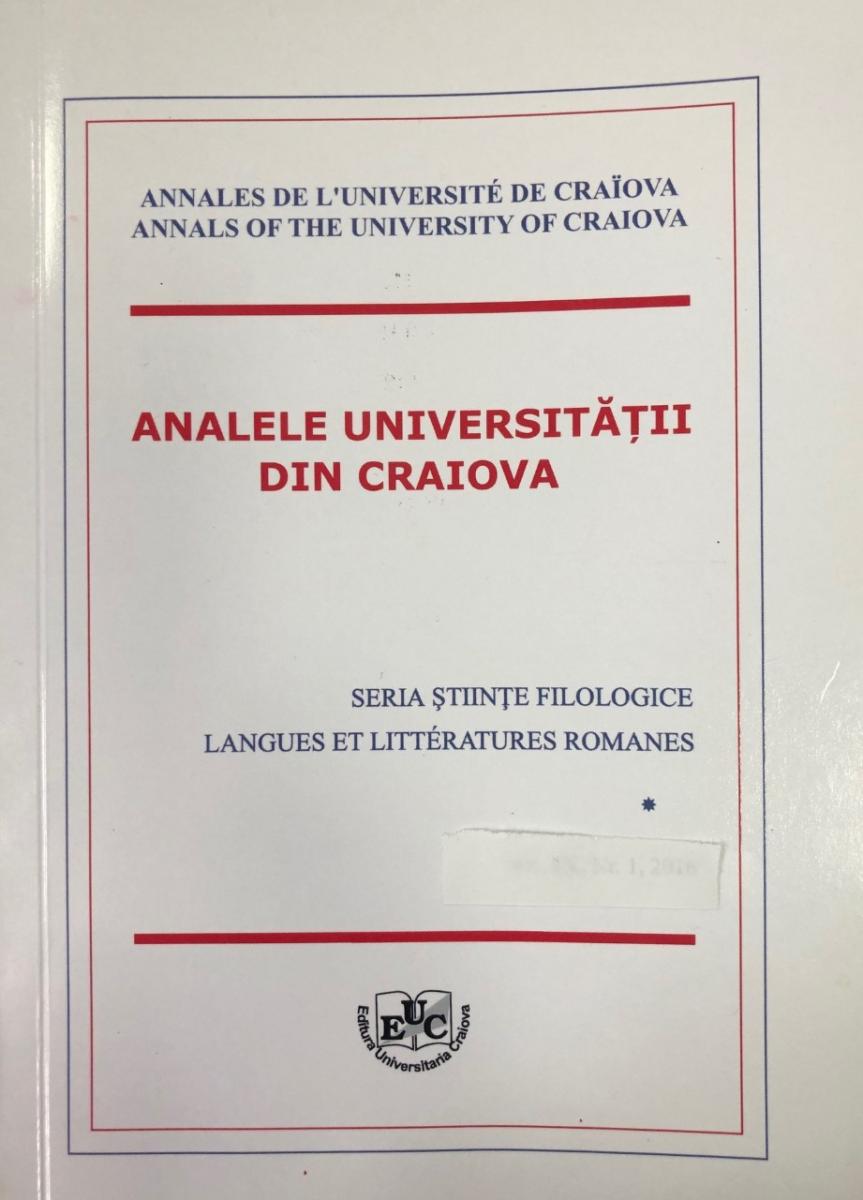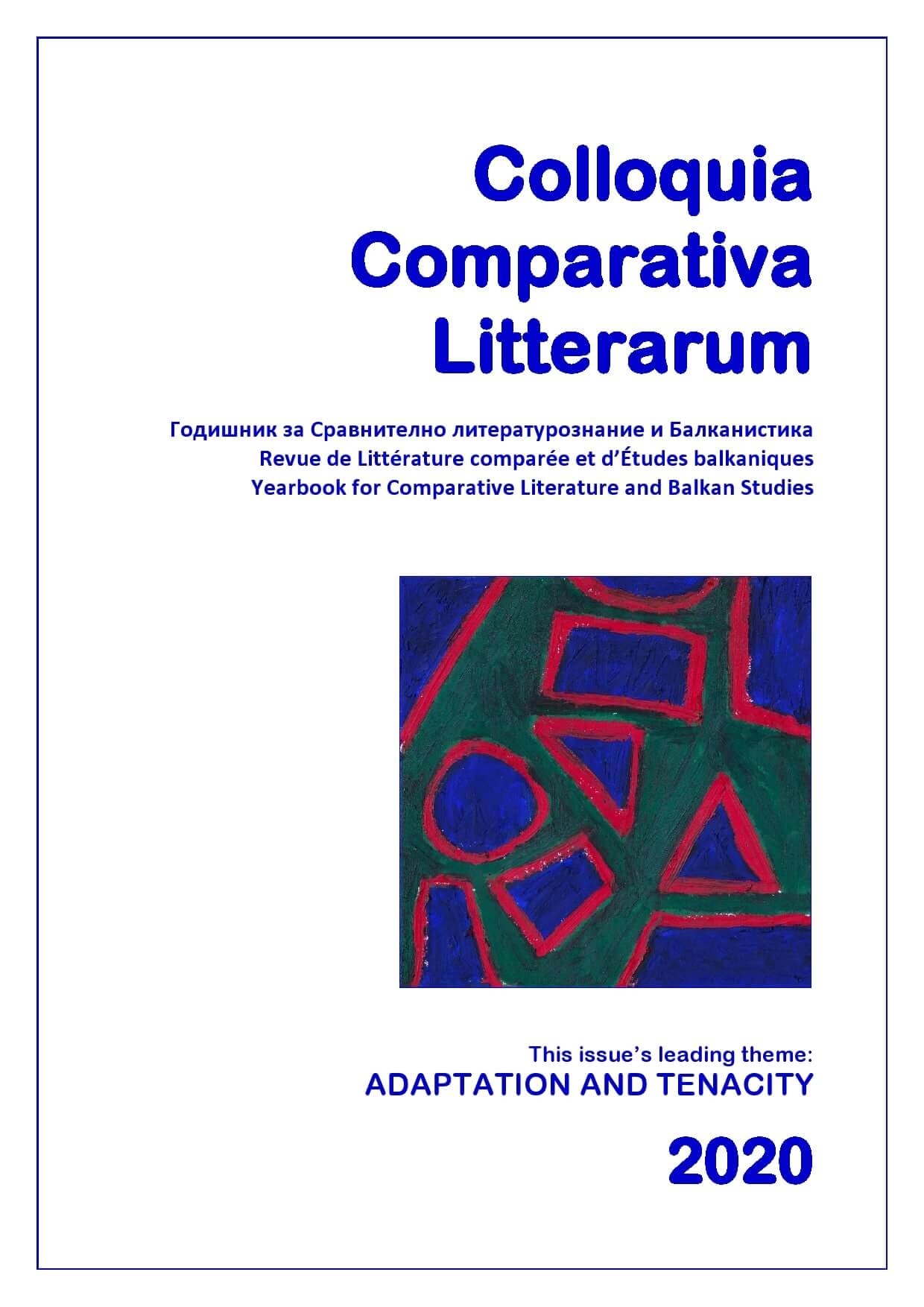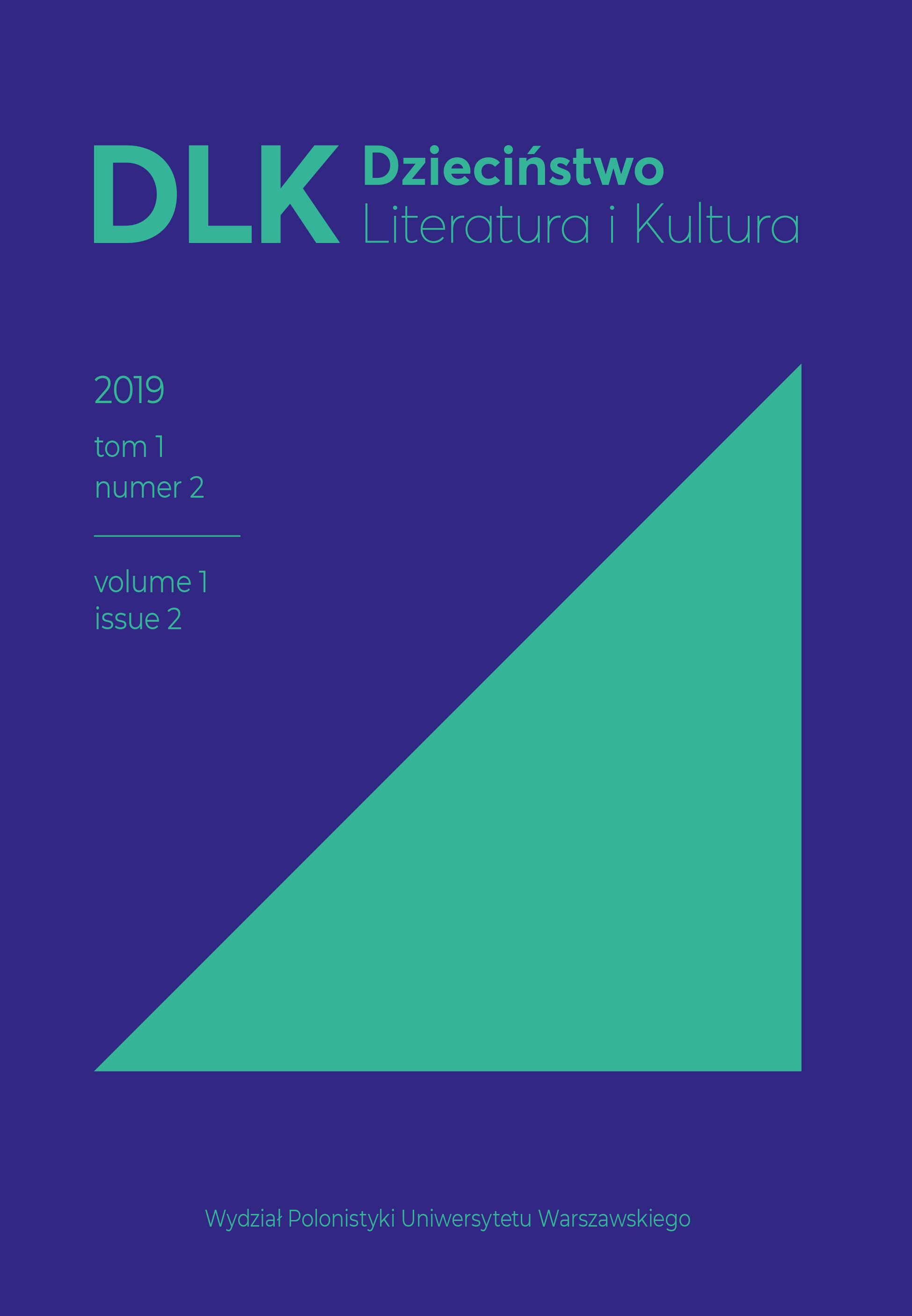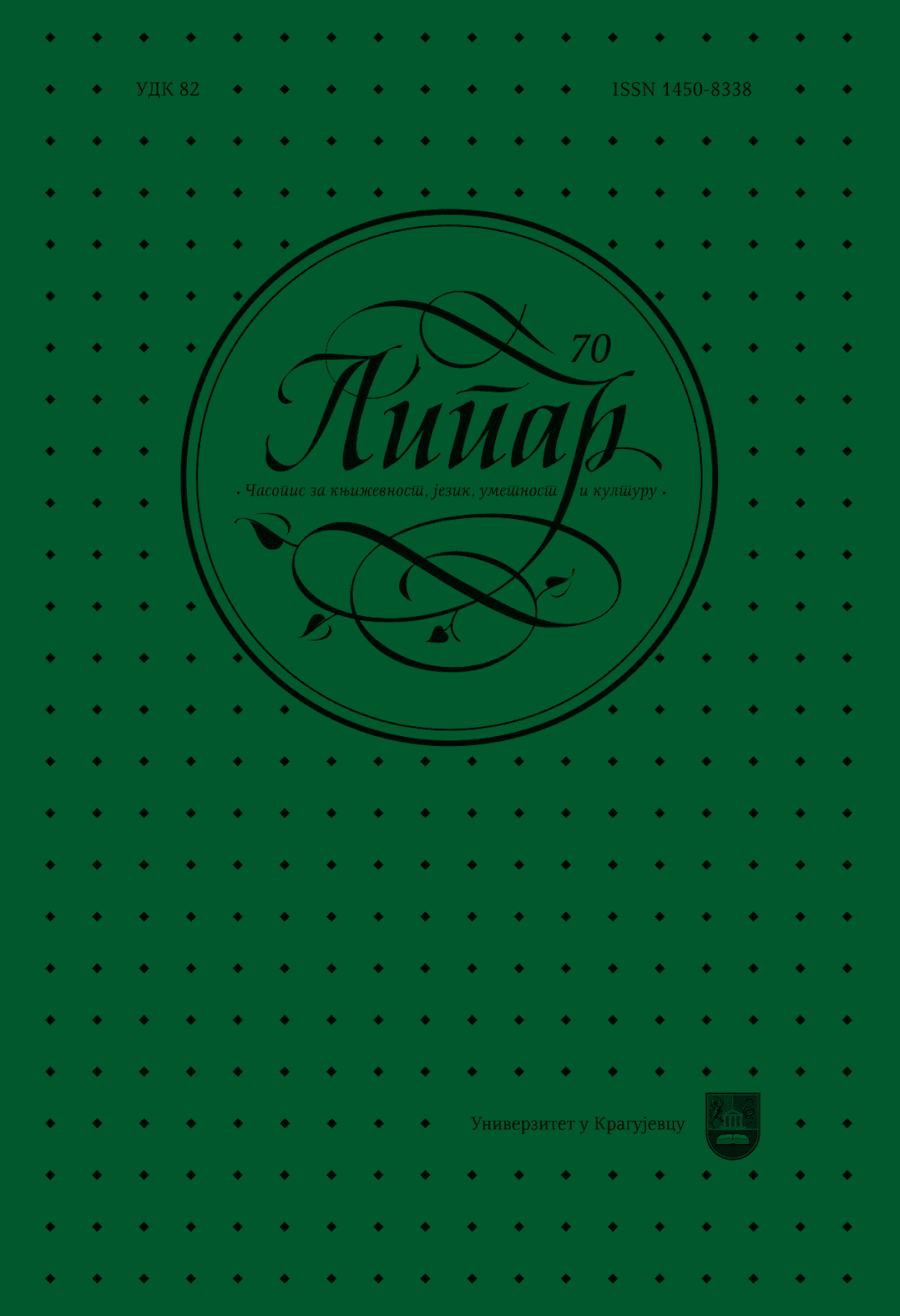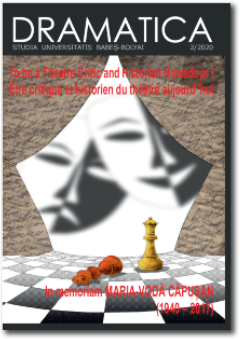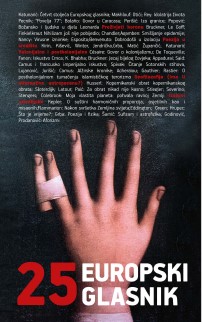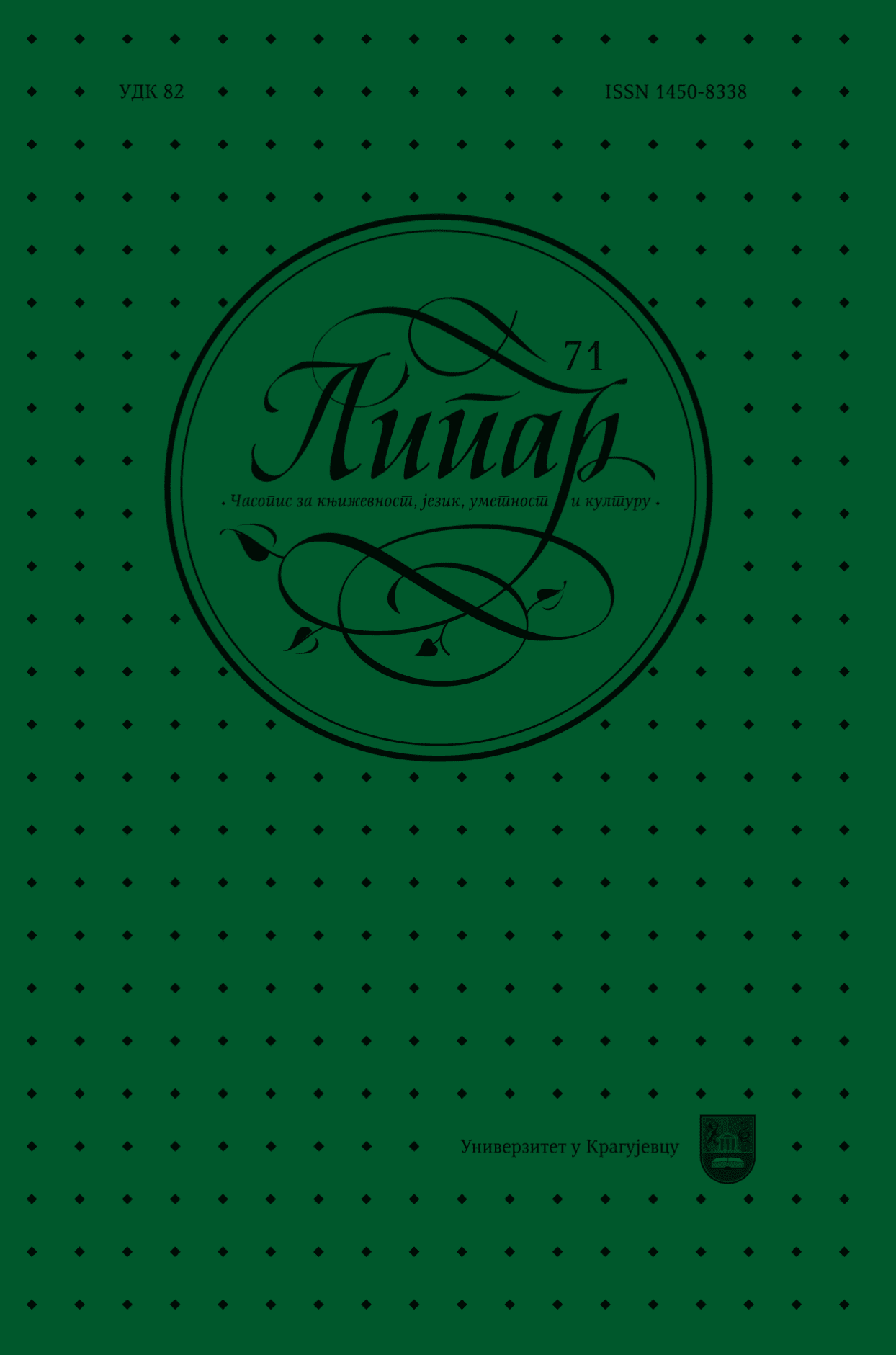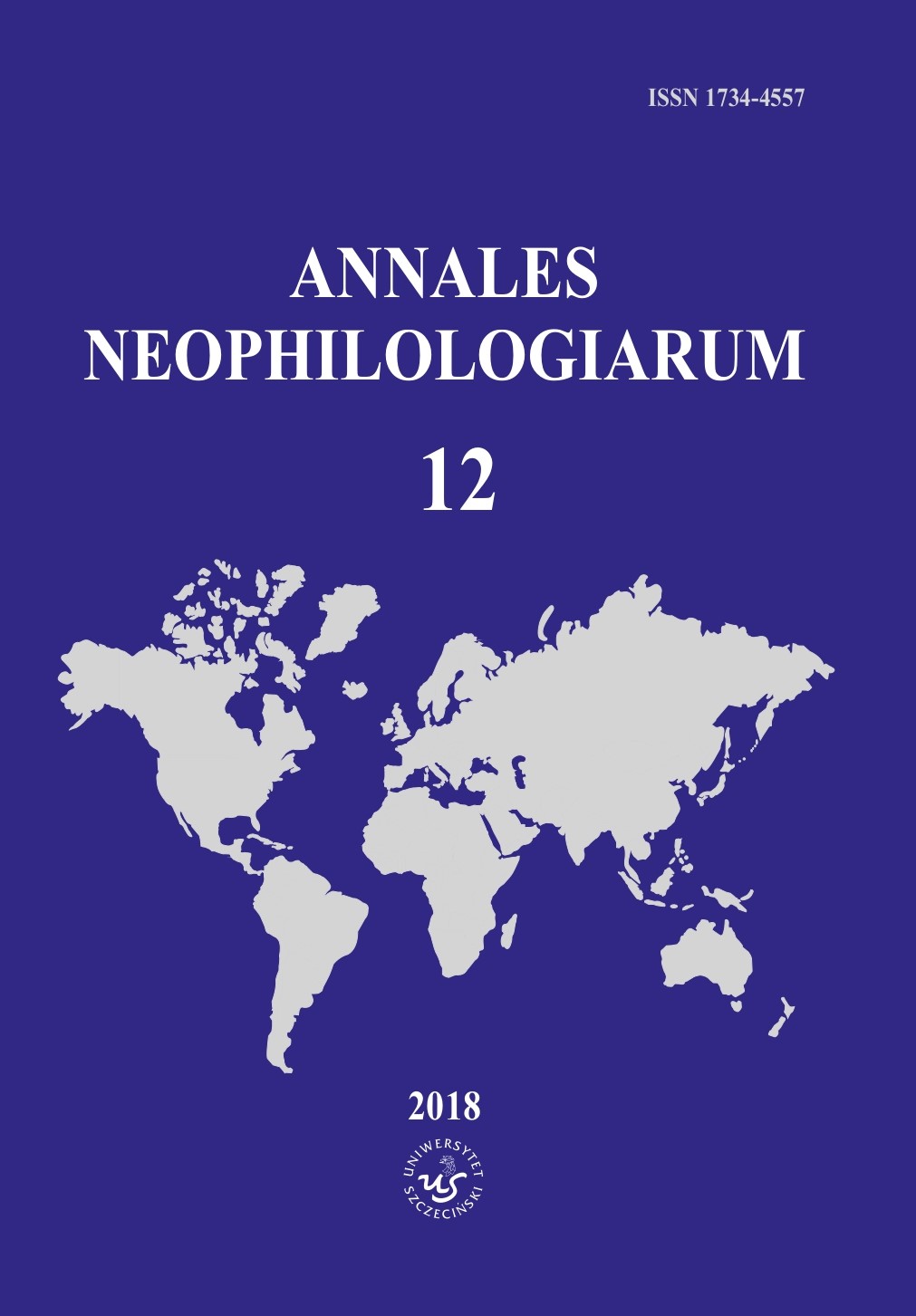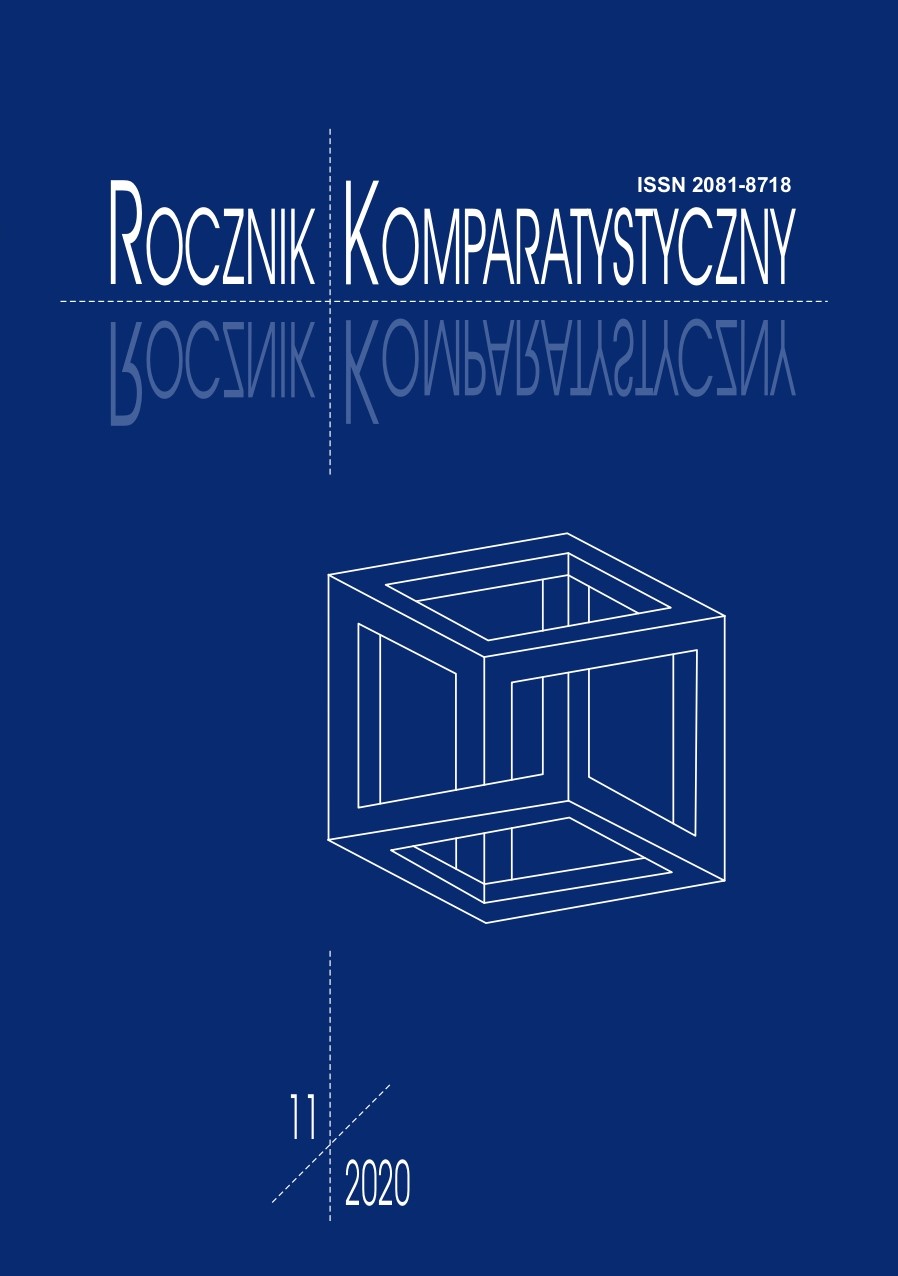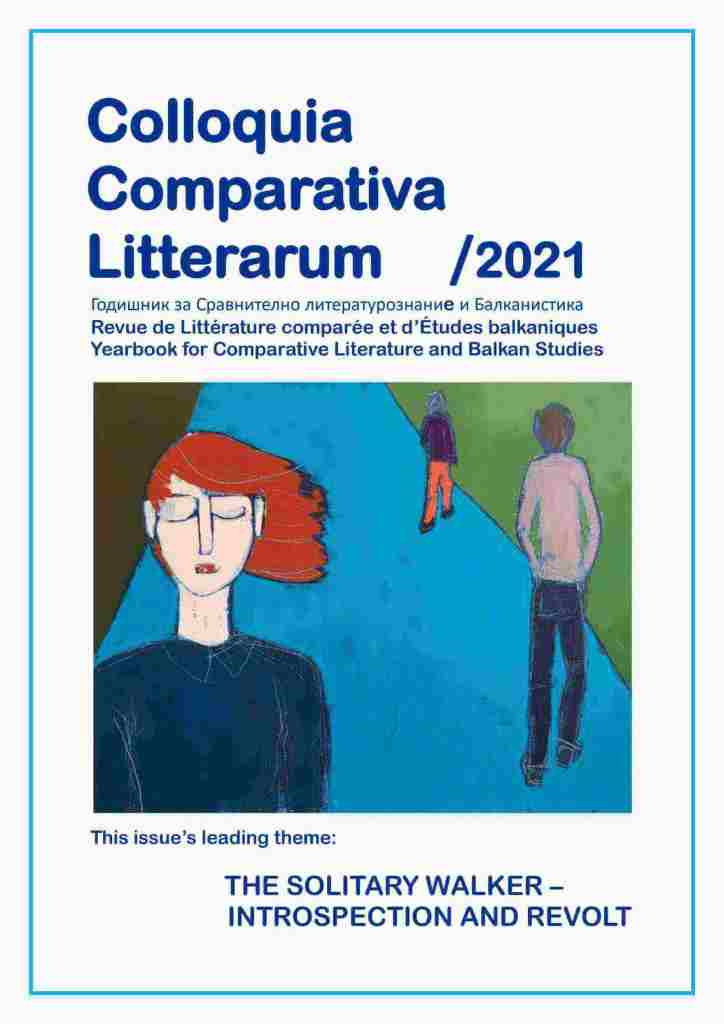Samoskrivljen povratak u djetinjstvo
The paper compares two Foucault’s commentaries on Kant’s 1784 essay “Answering the Question: What is Enlightenment?” (Beantwortung der Frage: Was ist Aufklarung?): one concerns Foucault’s 1982-1983 lecture “The Government of Self and Others” (Gouvernement de soi et des autres), and the other his 1984 essay “What is Enlightenment?” (Qu’est-ce que les Lumieres?). Starting with a thesis that Baudelaire connects modernity (la modernite) with the experience of childhood, Foucault in his argument distinguishes between childhood, on the one hand, and immaturity or nonage (Unmundigkeit), on the other. Accordingly, enlightenment (Aufklarung), as the emergence from nonage, refers to the ability not to be governed (freedom), and not to the ability to govern (power). Hence, to emerge from nonage is at the same time the ability of the self-imposed return to childhood. This ability for intentional infantilism is connected with the concept of modernity as an attitude. The paper further juxtaposes and discusses Foucault’s modernity as an attitude and modernity as an event from his lecture “The Government of Self and Others”.
More...
